EPEC 2020 Keynotes
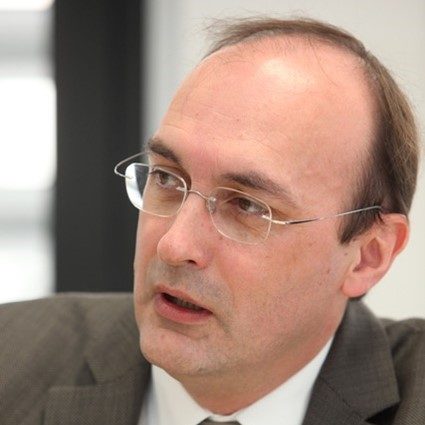
Monday, Nov 9, 2020, 08.00 – 08.50 MST
Keynote: Renewables and eMobility – Partners in Realizing the Energy Transition?
Not only concerns about climate change and global political issues, but also the liberalization of the energy market has been the main driving force towards more decentralized power generation based on renewables (wind, PV) and high-exergy CHP systems.
To cope with the volatile nature of these vast amounts of renewable power sources, several measures have to be taken to guarantee grid stability. These measures are known and include (1) storages of energy (2) automated demand response and sector coupling, and (3) flexible, controllable electrical distribution grids. As regulations are enforced to reduce local pollution and emissions of vehicles, in particular in densely populated urban areas, the batteries of electric vehicles potentially offer huge, dual use, i.e. low cost, energy storages. On the other hand, their peak power requirements seem to impact the distribution grid in an insurmountable way. The presentation will focus on power electronic solutions that enable new distribution grid structures that can help overcome these problems.
Rik W. De Doncker (Fellow, IEEE) received the Ph.D. degree in electrical engineering from Katholieke Universiteit Leuven, Leuven, Belgium, in 1986.,In 1987, he was appointed as a Visiting Associate Professor with the University of Wisconsin, Madison, WI, USA. After a short stay as an Adjunct Researcher with IMEC, Leuven, he joined the General Electric Company CR&D, Schenectady, NY, USA, in 1989. He joined Silicon Power Corporation, Malvern, PA, USA, as a Vice President of Technology, in 1994. Since October 1996, he has been a Professor with RWTH Aachen University, Aachen, Germany, leading the Institute for Power Electronics and Electrical Drives (ISEA). In October 2006, he was appointed as the Director of the E.ON Energy Research Center, RWTH, where he also founded the Institute for Power Generation and Storage Systems. He is the Director of the RWTH CAMPUS Cluster Sustainable Energy, and leads the Flexible Electrical Networks (FEN) Research CAMPUS.,Dr. De Doncker received an Honorary Doctor Degree from TU Riga, Latvia, in 2010. In 2015, he received RWTH Fellow status at RWTH Aachen University. In 1997, he founded the German IEEE Joint IAS-PELS-IES Chapter and the IEEE PELS RWTH Student Chapter. While he was the President of IEEE PELS’05–’06, he established ECCE Asia as a cooperation between IEE of Japan, KIPE of Korea, CES of China, and PELS. He is the recipient of the IAS Outstanding Achievements Award, the IEEE Power Engineering Nari Hingorani Custom Power Award (2008), the 2013 Newell Power Electronics IEEE Technical Field Award, and the 2014 IEEE PELS Harry A. Owen Outstanding Service Award. In 2016, he became member of the German Academy of Science and Technology (ACATECH). In 2017, he became member of the International Advisory Board of French Automotive Research Institute VEDECOM. He is the recipient of the 2020 IEEE Medal in Power Engineering.
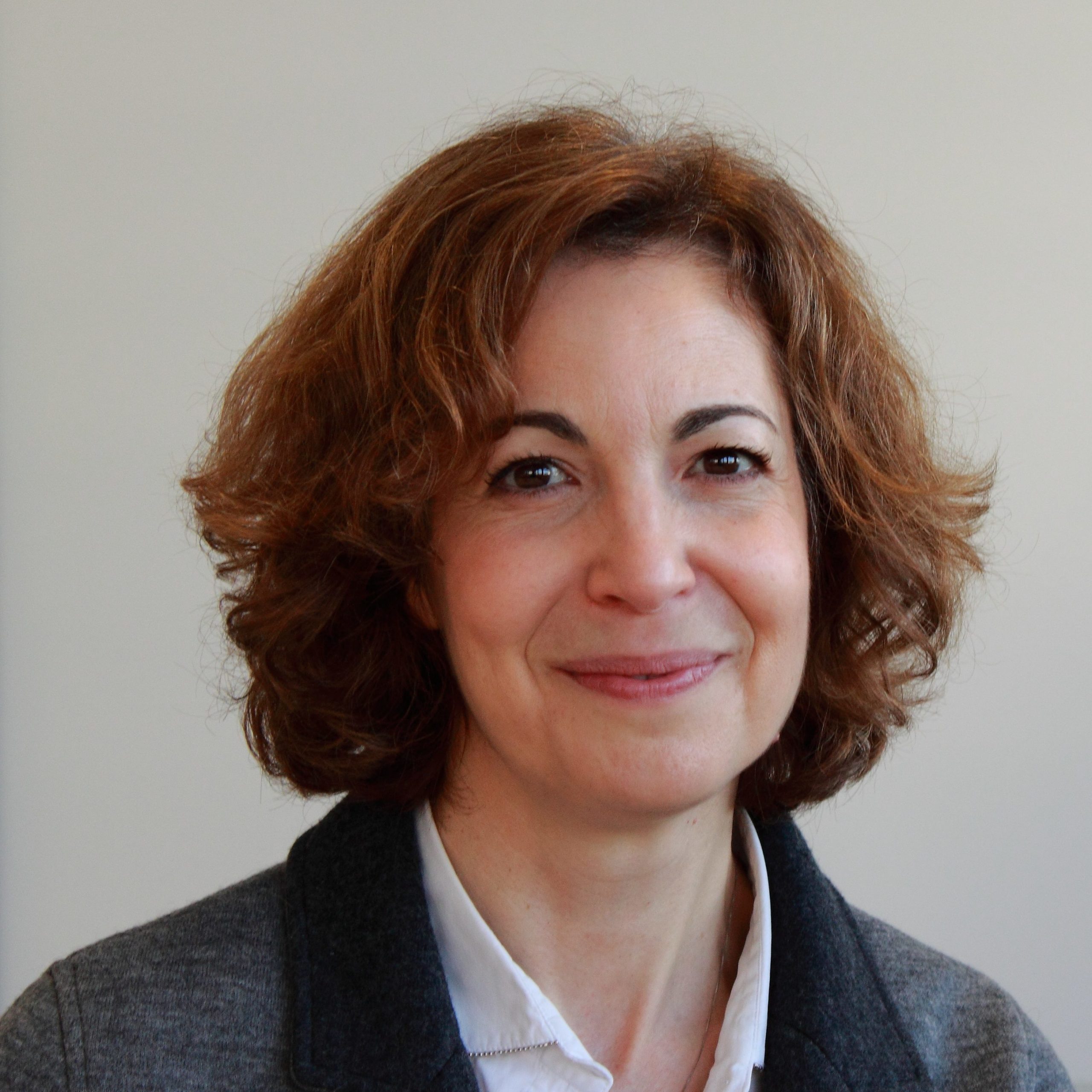
Monday, Nov 9, 2020, 08.55 – 09.35 MST
Keynote: Monitoring the grid in transition
New needs to measure and monitor the electrical power grid, particularly distribution, are emerging. This is due to different factors: new generation and load behavior, new energy management and control applications, new energy services and service providers, presence of hybrid ac/dc grids, microgrids and coupled non-electrical infrastructures. The new technologies that fulfil these needs are transforming the monitoring systems, from the sensors to the monitoring functions and the architecture that supports them. As the transformation of the grid is in the making, for what scenario should the monitoring system be designed and what features should it possess?”
Ferdinanda Ponci received her Ph.D. degree in electrical engineering from the Politecnico di Milano, Italy, in 2002. She joined the Department of Electrical Engineering, University of South Carolina, USA, as an Assistant Professor in 2003 and was tenured and promoted in 2008. In 2009, she joined the Institute for Automation of Complex Power Systems, E.ON Research Center, RWTH Aachen University, Germany, where she is currently a Professor for Monitoring and Distributed Control for Power Systems. Her research interests include advanced measurement, monitoring and automation of active distribution systems. Prof. Ponci is a senior member of IEEE, an elected member of the Administration Committee of the IEEE Instrumentation and Measurement Society and the Liaison with IEEE Women in Engineering.
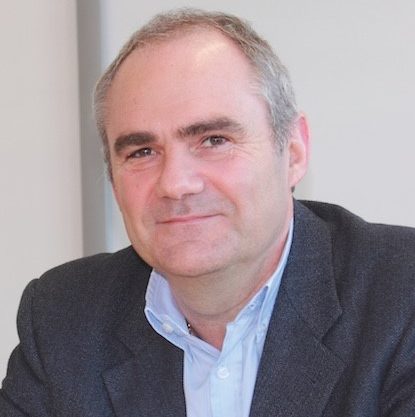
Monday, Nov 9, 2020, 09.40 – 10.15 MST
Keynote: The EU approach to the digitalization of the energy system
The Horizon 2020 program has been shaping the agenda of energy digitalization in Europe. Through a coordinated set of projects, the European Commission is creating the conditions for a Digital Single Market of Energy. The talk will present some of the key results from a set of those projects and their implications for the future of the European energy infrastructure. Key questions in this context is how to transform grid operations to bring the customer at the center. Such transformation is calling for the development of new markets but also completely new IT solutions able to aggregate millions of players in an orchestrated system. The presentation will illustrate some real demonstrations in this field and the corresponding emerging architectures proposed as solution.
Antonello Monti received his M.Sc degree (summa cum laude) and his PhD in Electrical Engineering from Politecnico di Milano, Italy in 1989 and 1994 respectively. He started his career in Ansaldo Industria and then moved in 1995 to Politecnico di Milano as Assistant Professor. In 2000 he joined the Department of Electrical Engineering of the University of South Carolina (USA) as Associate and then Full Professor. Since 2008 he is the director of the Institute for Automation of Complex Power System within the E.ON Energy Research Center at RWTH Aachen University. Dr. Monti is author or co-author of more than 400 peer-reviewed papers published in international Journals and in the proceedings of International conferences. He is a Senior Member of IEEE, Associate Editor of the IEEE System Journal, Associate Editor of IEEE Electrification Magazine, Member of the Editorial Board of the Elsevier Journal SEGAN and member of the founding board of the Springer Journal “Energy Informatics”. Dr. Monti is the recipient of the 2017 IEEE Innovation in Societal Infrastructure Award.

Monday, Nov 9, 2020, 13.00 – 13.55 MST
Keynote: Grid Modernization: Technological Advancements Beyond Smart Grid
This talk will familiarize participants with a vision for Grid Modernization, focusing on technological advancements beyond Smart Grid. The technological advancements include discussions of key industry/societal trends, Smart Grid concepts, holistic solutions, integration of microgrids and distributed generation, and ADMS software applications. This talk will also cover feeder automation business models, managing different types of data, big data, analytics, enterprise data management, Smart Grid standards and interoperability, and Smart Grid deployments and lessons learned.
John D. McDonald, P.E., is Smart Grid Business Development Leader for GE’s Grid Solutions business. John has 46 years of experience in the electric utility transmission and distribution industry. John received his B.S.E.E. and M.S.E.E. degrees from Purdue University and an M.B.A. degree from the University of California-Berkeley. John is an IEEE Life Fellow, and was awarded the IEEE Millennium Medal, the IEEE Power & Energy Society (PES) Excellence in Power Distribution Engineering Award, the IEEE PES Substations Committee Distinguished Service Award, and the IEEE PES Meritorious Service Award. John is a CIGRE Distinguished Member and was awarded the 2016 CIGRE Distinguished Member Award and the 2016 CIGRE USNC Attwood Associate Award. John is Past President of the IEEE PES, the VP for Technical Activities for the US National Committee (USNC) of CIGRE, the Past Chair of the IEEE PES Substations Committee, and the IEEE Division VII Past Director. John was on the Board of Governors of the IEEE-SA (Standards Association). John received the 2009 Outstanding Electrical and Computer Engineer Award from Purdue University. John teaches Smart Grid courses at the Georgia Institute of Technology and University of Tennessee-Chattanooga, a Smart Grid course for GE, and Smart Grid courses for various IEEE PES local chapters as an IEEE PES Distinguished Lecturer. John has published one hundred fifty papers and articles, has co-authored five books and has one US patent.
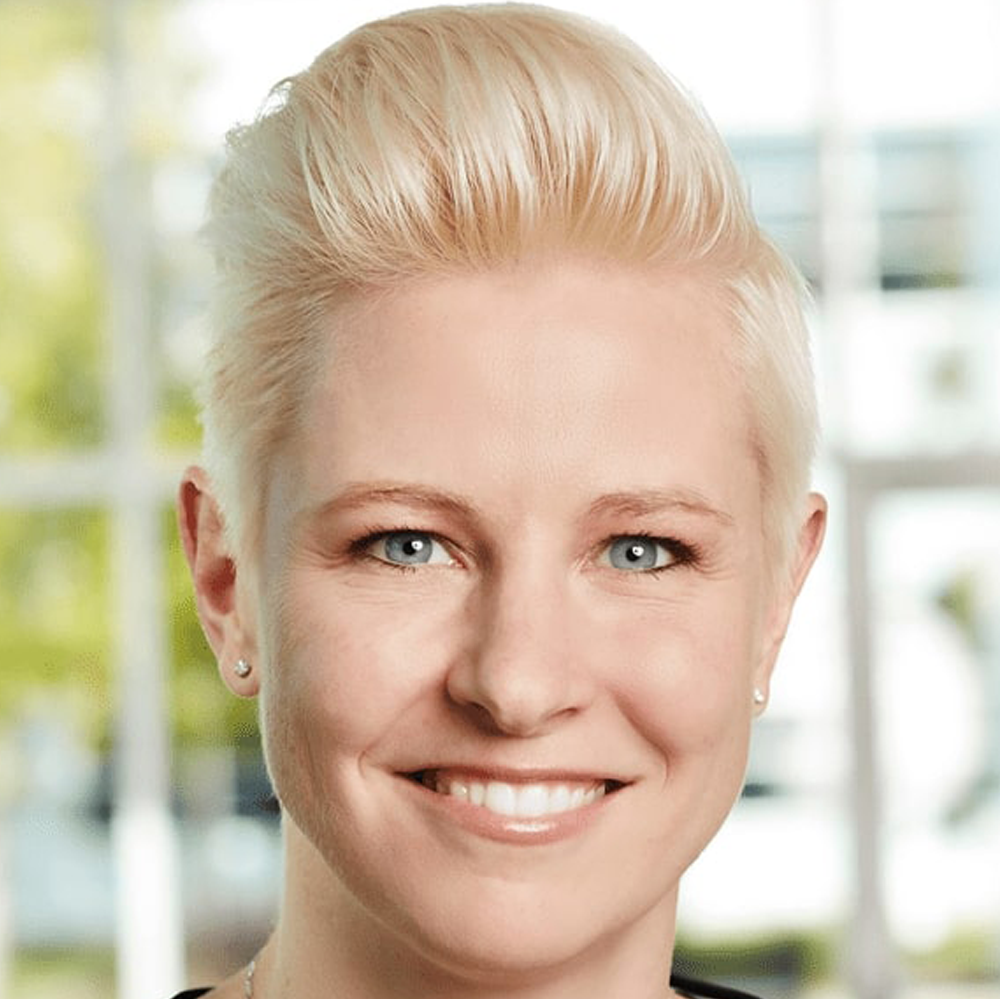
Monday, Nov 9, 2020, 15.30 – 16.25 MST
Keynote: Taking a Value Chain Approach to Energy Transformation
Elizabeth Shirt is a recognized energy, sustainability, and clean technology expert with nearly 20 years of experience. She has spent her career working with industry, innovators, investors, governments and environmental organizations, in pursuit of the policy, technical, financial and cultural solutions that will help accelerate a cleaner, more sustainable future. As Managing Director, GLOBE Series, she leads a passionate and highly skilled team that convenes the innovators and changemakers who are accelerating the clean economy.
In her previous role as Emission Reductions Alberta’s Executive Director of Policy and Strategy, Elizabeth was responsible for leading on strategic initiatives and events. These ranged from developing ERA’s Technology Roadmap to delivering its biennial, three-day SPARK conference. She led the organization’s strategic stakeholder engagement and partnerships initiatives, and held the pen on its annual business plan.
Prior to joining ERA, Elizabeth served in various roles with the Government of Alberta, including Director of the Climate Change Secretariat that supported the development of Alberta’s Climate Leadership Plan and Director of Innovation Policy and Programs within Alberta Innovation and Advanced Education. Elizabeth’s previous experience also includes providing government relations support to Capital Power and providing policy advice to the Canadian Electricity Association in Ottawa and the Nuclear Energy Institute in Washington, DC.
Elizabeth has a master’s degree in economics from George Mason University and bachelor’s degrees in economics and geography from the University of Mary Washington.

Tuesday, Nov 10, 2020, 08.00 – 09.00 MST
Keynote: Analytics-Driven Cyber-Physical Security for a Converged Smart Grid
The field of cyber-physical security has evolved greatly over the last decade especially in the context of critical infrastructures such as the smart grid. The current challenges aim to address the increased sophistication of cyberattacks in the context of a more automated grid. Emerging polymorphic and stealthy attacks necessitate more coordinated and intelligent approaches to mitigation. In addition to the typical defence-in-depth paradigm, more harmonized protection and resilience strategies are essential. Development of next-generation tools for cyber-physical security requires the adoption of effective models that are compatible with salient trends in smart grid infrastructure including Information Technology/Operational Technology (IT/OT) convergence. The resulting data-rich cyber-physical environment from IT/OT convergence suggests a strong need for greater data-driven modelling paradigms and analytics. In this talk, we provide examples of deep learning in the context of anomaly detection for the cyber-physical protection of transmission protection systems. We then present a brave new world of opportunities for smart grid cyber-physical security using a data analytics-driven approach.
Deepa Kundur is Professor & Chair of The Edward S. Rogers Sr. Department of Electrical & Computer Engineering at the University of Toronto. A native of Toronto, Canada, she received the B.A.Sc., M.A.Sc., and Ph.D. degrees all in Electrical and Computer Engineering in 1993, 1995, and 1999, respectively, from the University of Toronto. Professor Kundur’s research interests lie at the interface of cybersecurity, signal processing and complex dynamical networks. She is an author of over 200 journal and conference papers and is also a recognized authority on cyber security issues. She has served in numerous conference executive organization roles, and has participated on several editorial boards and federal government funding panels. She currently serves on the Advisory Board of IEEE Spectrum. Professor Kundur’s research has received best paper recognitions at numerous venues including the 2015 IEEE Smart Grid Communications Conference, the 2015 IEEE Electrical Power and Energy Conference, the 2012 IEEE Canadian Conference on Electrical & Computer Engineering, the 2011 Cyber Security and Information Intelligence Research Workshop and the 2008 IEEE INFOCOM Workshop on Mission Critical Networks. She is a Fellow of the IEEE, a Fellow of the Canadian Academy of Engineering, and a Senior Fellow of Massey College.
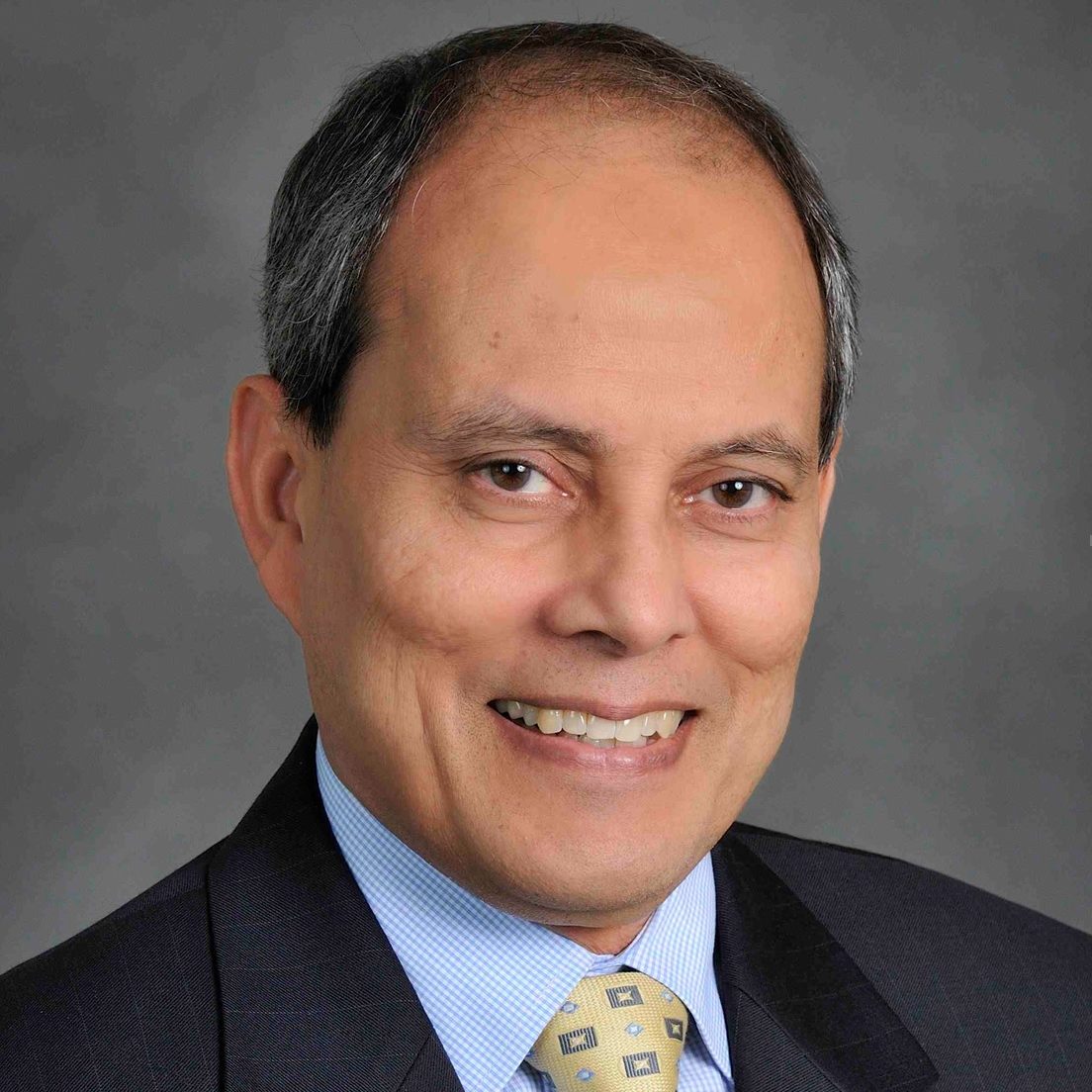
Tuesday, Nov 10, 2020, 12.30 – 13.30 MST
Keynote: Role of the Smart Grid in Facilitating the Integration of Renewables
With the focus on environmental sustainability and energy security, power system planners are looking at renewable energy as supplements and alternatives. But such generation sources have their own challenges – primarily intermittency. It is expected that the smart grid – due to its inherent communication, sensing and control capabilities – will have the ability to manage the load, storage and generation assets (including renewables) in the power grid to enable a large-scale integration of distributed generation. In a smart grid, information about the state of the grid and its components can be exchanged quickly over long distances and complex networks. It will therefore be possible to have the integration of sustainable energy sources, such as wind, solar, off-shore electricity, etc. for smoother system operation. But in order for this to be possible, the electric utility will have to evolve, and change their ways of operation to become an intelligent provider of these services. This lecture introduces the operational characteristics of renewable energy sources, and various aspects of the smart grid – technology, standards and regulations. It also addresses the interplay among distributed generation, storage and conventional generation to provide an efficient operational strategy in the context of the smart grid.
Professor Saifur Rahman is the founding director of the Advanced Research Institute (ARI) at Virginia Tech, USA where he is the Joseph R. Loring professor of electrical and computer engineering. He also directs the Center for Energy and the Global Environment. He is a Life Fellow of the IEEE and an IEEE Millennium Medal winner. He was the president of the IEEE Power and Energy Society (PES) for 2018 and 2019. He was the founding editor-in-chief of the IEEE Electrification Magazine and the IEEE Transactions on Sustainable Energy. He has published over 150 journal papers and has made over five hundred conference and invited presentations. In 2006 he served on the IEEE Board of Directors as the vice president for publications. He is a distinguished lecturer for the IEEE Power & Energy Society and has lectured on renewable energy, energy efficiency, smart grid, energy internet, blockchain, IoT sensor integration, etc. in over 30 countries. He has a PhD in electrical engineering from Virginia Tech.
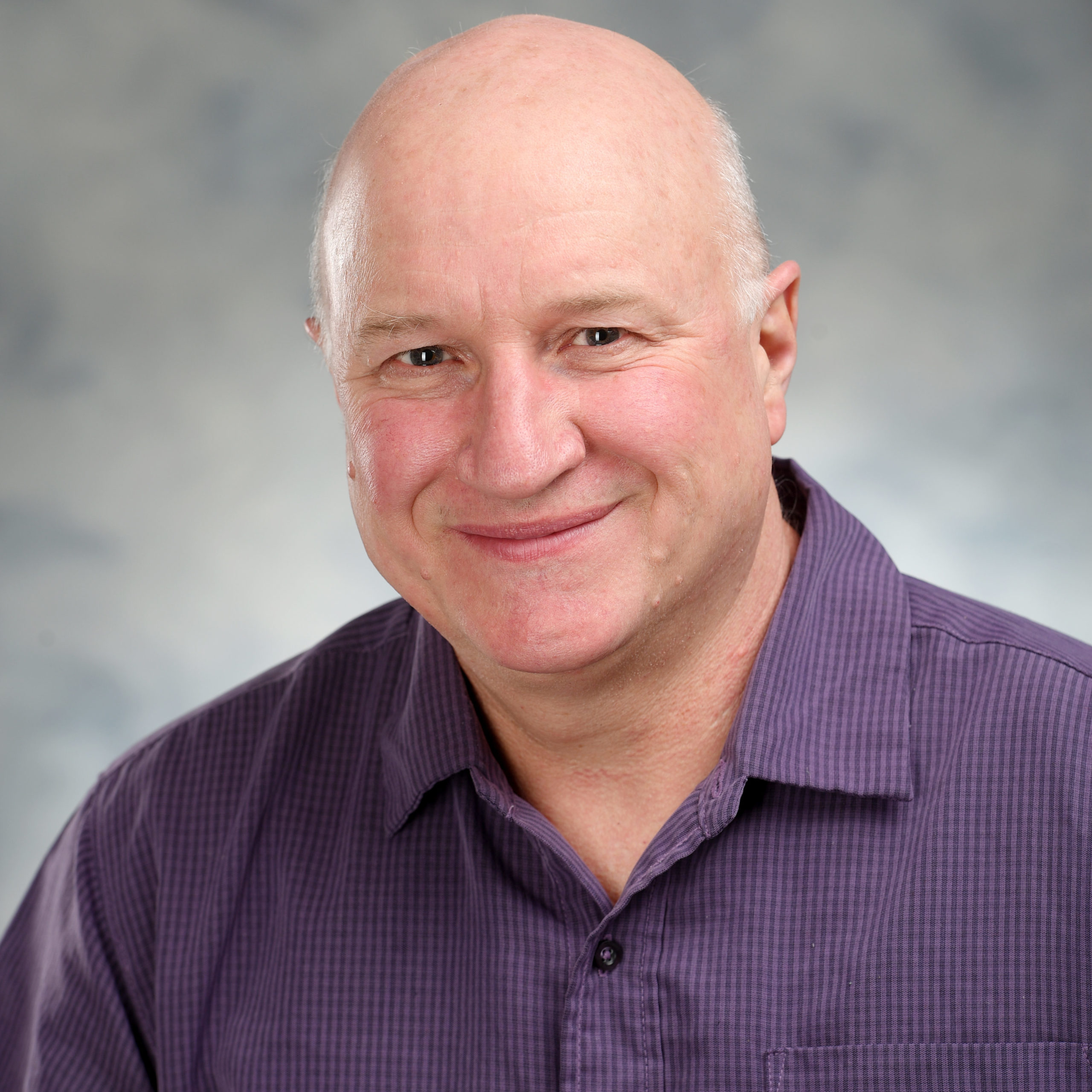
Tuesday, Nov 10, 2020, 15.30 – 16.25 MST
Keynote: How Long can Lithium-ion batteries last for grid energy storage and vehicle to grid applications
Lithium-ion batteries have been improved in continuous way since their introduction in 1991 when they could deliver two or three hundred charge-discharge cycles before they were “dead”. It is now possible to produce lithium-ion cells that can have greater than 10000 charge-discharge cycles (all at 100% depth of discharge) and lifetimes of at least two decades (and probably longer). I will spend time explaining how this transition in cell lifetime came to be. I will speculate about the use of such batteries in vehicle-to-grid and other applications.
Jeff Dahn obtained his B.Sc. from Dalhousie University (1978) and his Ph.D. from the University of British Columbia in 1982. Dahn then worked at NRC (Canada) (82-85) and at Moli Energy (85-90) before taking up a faculty position at Simon Fraser University in 1990. He returned to Dalhousie in 1996. At Moli, he did pioneering work on lithium-ion batteries.
Dahn was appointed as the NSERC/3M Canada Industrial Research Chair in Materials for Advanced Batteries at Dalhousie University in 1996, a position that he held until 2016. In 2016, Dahn began a research partnership with Tesla as the NSERC/Tesla Canada Industrial Research Chair.
Dahn’s research has been recognized by numerous awards including a Governor General’s Innovation Award (2016) and the Gerhard Herzberg Gold Medal in Science and Engineering (2017), Canada’s top science prize. He is the only person to have been awarded both awards this far.
